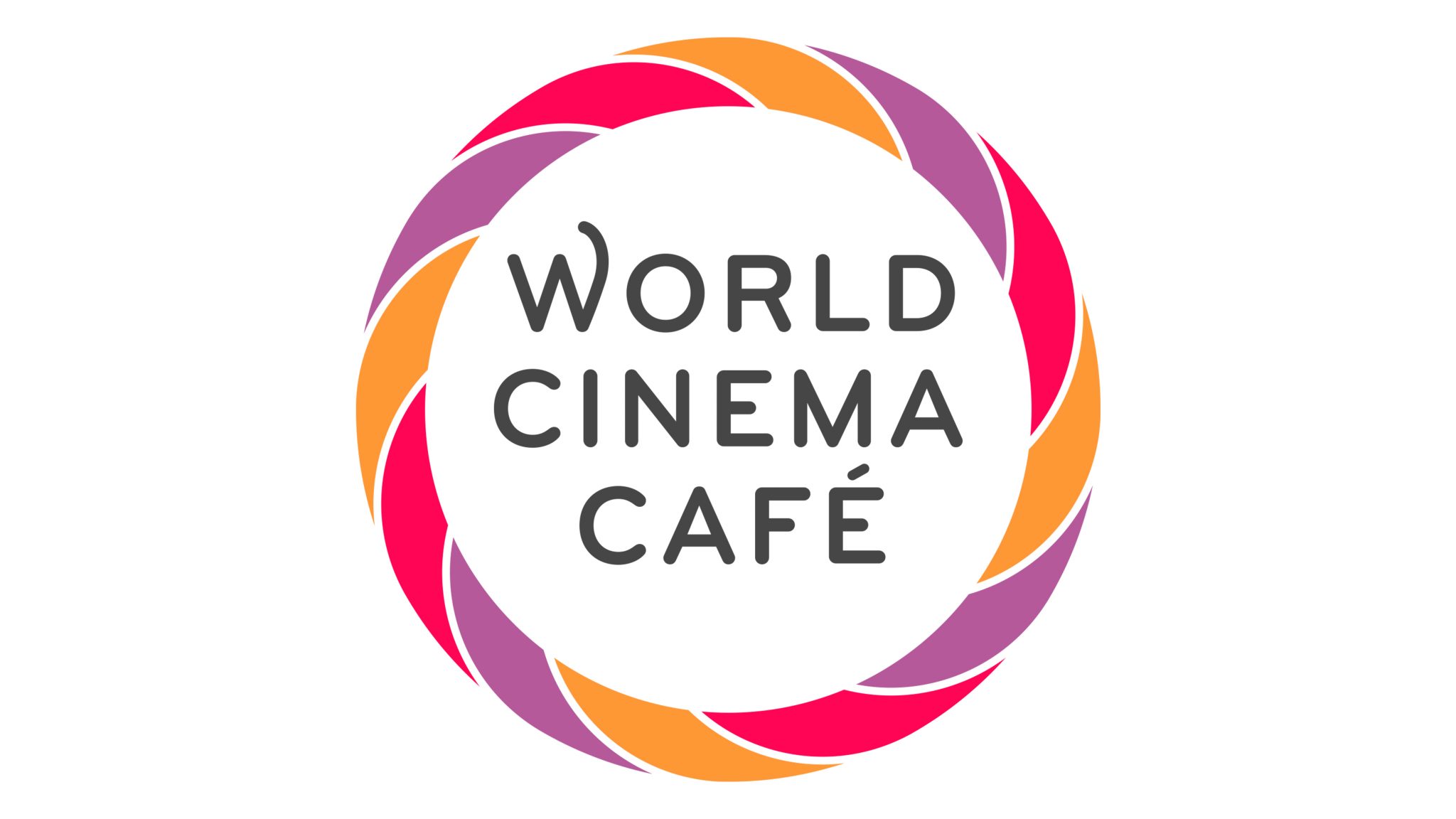
World Cinema Café is a free weekly community screening series held in the SNF Parkway’s historic main theatre, offering a cross-section of historical and contemporary cinema from around the globe. Featuring films on the periphery and movies that break the canon – intentionally or by circumstance – World Cinema Café points to a new vision in filmmaking.
Each season of World Cinema Café will focus on films from a different part of the world and put them in the context of international cinema’s past, present, and future, with titles rarely seen in U.S. theatres. Join us to experience these fantastic and wide-ranging films from all over the globe, and expand your taste for international movies!
Fall 2022 will explore cinema from Iran and the Iranian diaspora.
World Cinema Cafe is made possible by generous contributions from Robert Meyerhoff and Rheda Becker.
FALL 2022 SCREENINGS
Persepolis
France & United States, 2007
dir. Vincent Paronnaud & Marjane Satrapi
Screening on November 17, 2022
Resources + Sources
Like all national cinemas, Iranian movie history bears the marks of the political and cultural shifts of the region. Early cinema equipment first arrived in Iran as a diversion for Mozaffar al-Din Shah’s royal court in 1900 and developed into a commercial entertainment slowly over the next three decades. Before the start of the Islamic revolution in the late 1970s, Iranians enjoyed commercial films at hundreds of cinemas located all across the country. Movies reached wide audiences, and mostly consisted of simple fable-like tales and dubbed versions of Western films, but also included more formally daring titles of a burgeoning new wave movement spearheaded by directors Hajir Darioush, Dariush Mehrjui, Masoud Kimiai, Nasser Taghvai, Bahram Beyzai and Marva Nabili. After the revolution, most films were seen as anti-Muslim and thus were restricted or even banned. Many cinemas closed or were burned and several prominent directors left the country to pursue production in other regions of the world. Iranian cinema rebounded in the early ‘80s, operating under heavy censorship guidelines based on strict Islamic doctrine that continue to affect both exhibition and production. In spite of these restrictions, Iranian movie-makers continue to create complex and beautiful movies that enjoy sustained international recognition as one of the world’s most important national cinemas since the early ‘90s.
Currently, Iran is undergoing another moment of severe political and cultural change. Since the arrest, and subsequent death, of 22-year-old Zhina (Mahsa) Amini on September 13, 2022, Iran has been embroiled in constant protest and repressive state violence. Amini was arrested by Iran’s “morality police” for allegedly failing to wear her hijab correctly. Two days later, she was dead after falling into a coma. Starting with Amini’s funeral in the Kurdish town of Saqqez in Northern Iran, protests broke out all over the country, and have now reached every Iranian province.
Protesters represent wide demographics of Iranian citizens, including men, women, young students, and oil workers. The majority of the protests are led by young Iranian women, fighting not only the stringent hijab requirements, but the inherently sexist, conservative, and violent government in Iran. Many historians are relating the current protests to the 1978 Iranian Revolution, which ultimately led to the dethroning of the Shah and creation of the current Islamic Republic of Iran. Needless to say, these protests are likely to change Iran’s political landscape. To contextualize the sheer scale of these protests for Americans, eflux writers Iman Ganji and Jose Rosales write, “Imagine the burning-down of the Third Precinct in Minneapolis in response to the murder of George Floyd, but in every major city in all fifty states over the course of an entire month.”
Iranian artists, university professors, and filmmakers have joined the protests in droves, and these aren’t the first protests of their kind that Iranian creative communities have been involved with. Jafar Panahi, the filmmaker who wrote and directed Jafar Panahi’s Taxi, included in this World Cinema Café series, is currently serving a six-year sentence for supporting protests back in 2010 as well as speaking out against the July 2022 Evin prison arrests of fellow filmmakers Mohammad Rasoulof and Mostafa Al-Ahmad. The forces behind the current Iranian protests have been bubbling just under the surface for years, finally erupting in a wave of unafraid, powerful demands for substantial change in Iran, led by the Kurdish feminist slogan: “Woman, Life, Freedom” (زن زندگی آزادی ·).
Masih Alinejad
Iranian journalist and activist
TW & IG: @masih.alinejad
Nazanin Boniadi
Iranian actress & a member of the Council on Forgein Relations board
TW & IG: @nazaninboniadi
Slingers Collective
Slingers links Iranians’ local and international struggles as part of a broader movement research platform to amplify new formations around social justice.
TW: @SlingersCollec1
From : Iran
a feminist coalition of unheard Iranian voices
TW & IG: @from____iran
Atena Daemi
Atena Daemi is an Iranian civil rights activist, children’s rights activist, human rights activist and political prisoner in Iran.
TW & IG: @atenadaemi
Middle East Matters
A community organization
IG: @middleeastmatters
500tasvir
Iranian activist account – in Persian language
TW & IG: @1500tasvir
PAST SCREENINGS
Hyenas
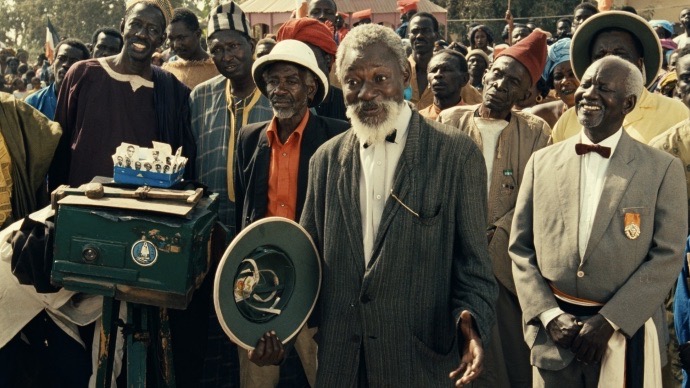
Senegal, 1992
dir. Djibril Diop Mambety
2 Weeks in Lagos

Nigeria, 2019
dir. Kathryn Fasegha
Black Business
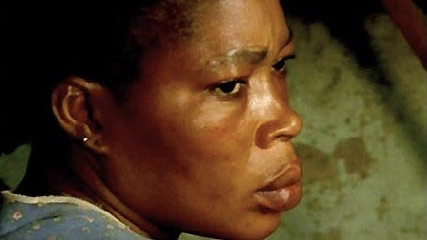
France, 2008
dir. Osvalde Lewat
Matwetwe
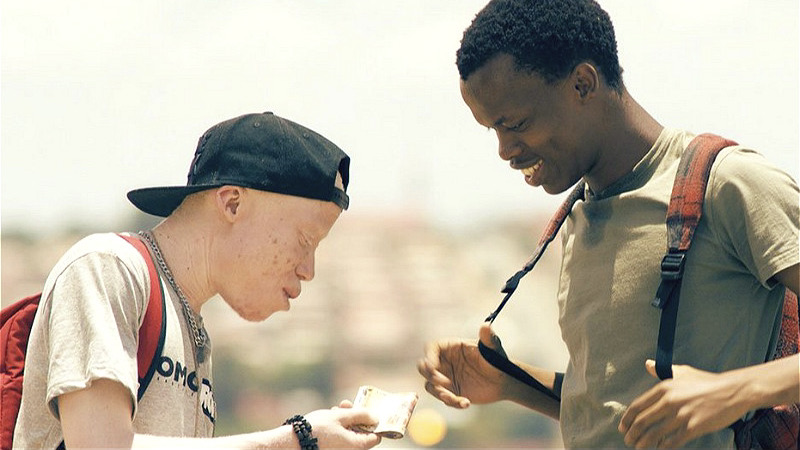
South Africa, 2017
dir. Kagiso Lediga
Masquerade
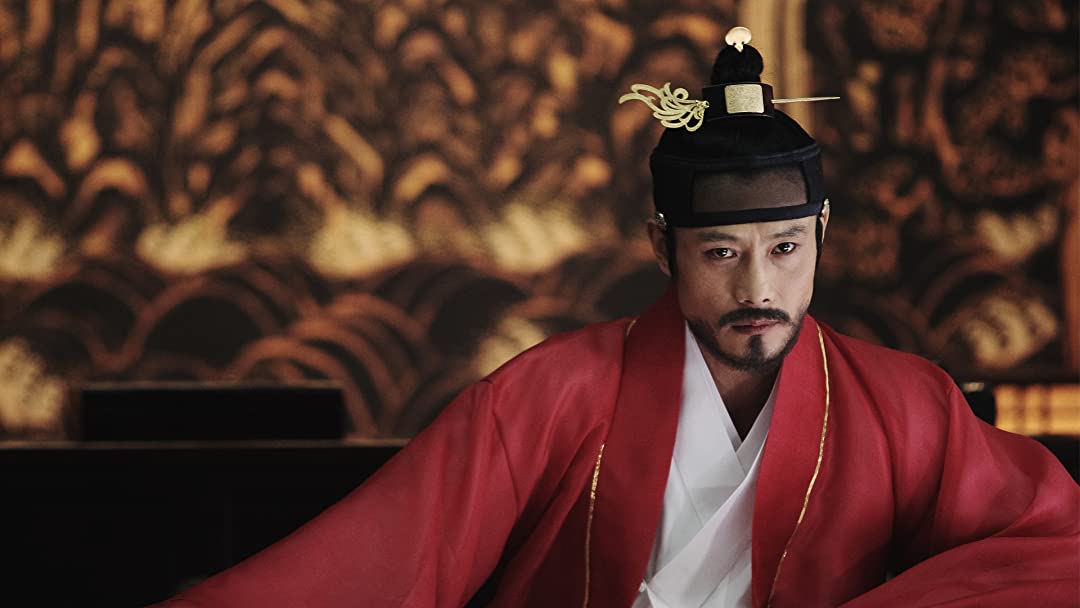
South Korea, 2012
dir. Choo Chang-min
2019 African Film Fest Shorts
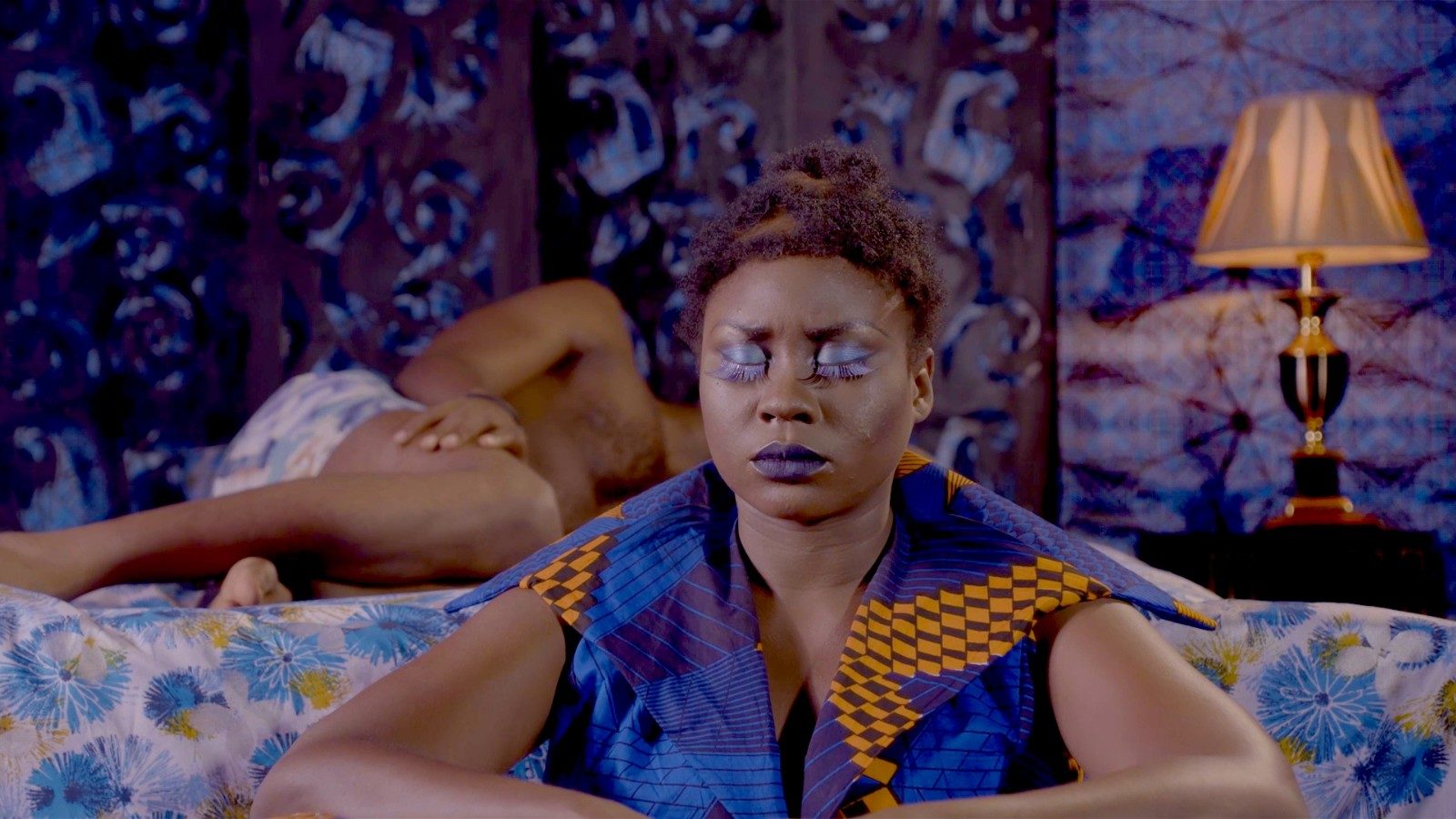
Various, 2019
dir. Various
Yeelen
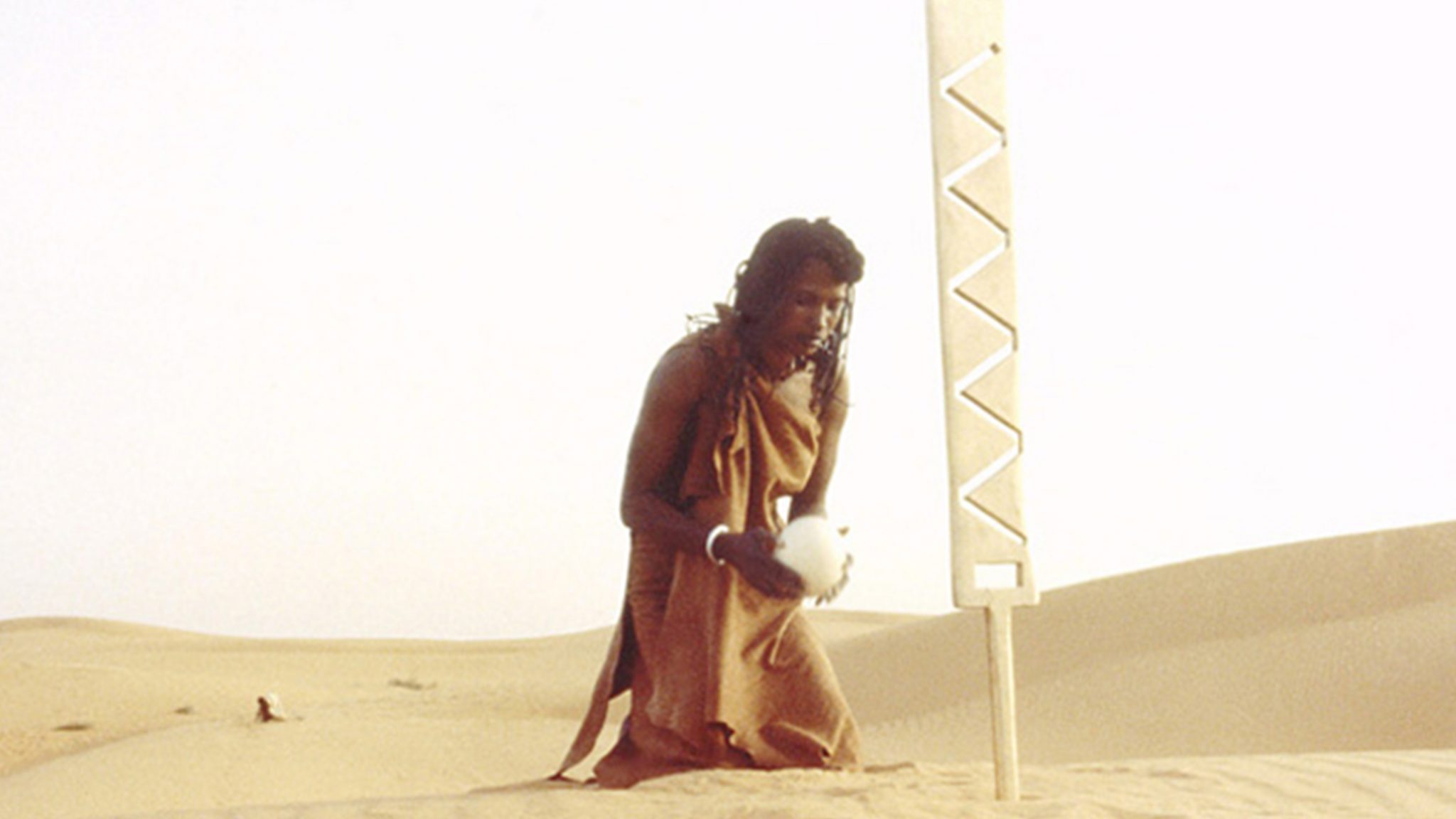
Mali, 1987
dir. Souleymane Cissé
Not in My Neighborhood
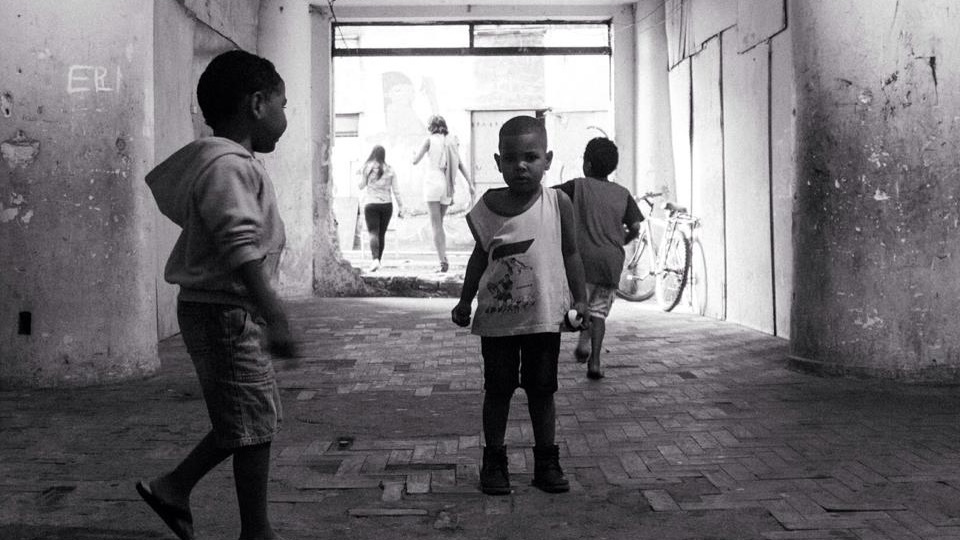
Various, 2018
dir. Kurt Orderson
Faya dayi
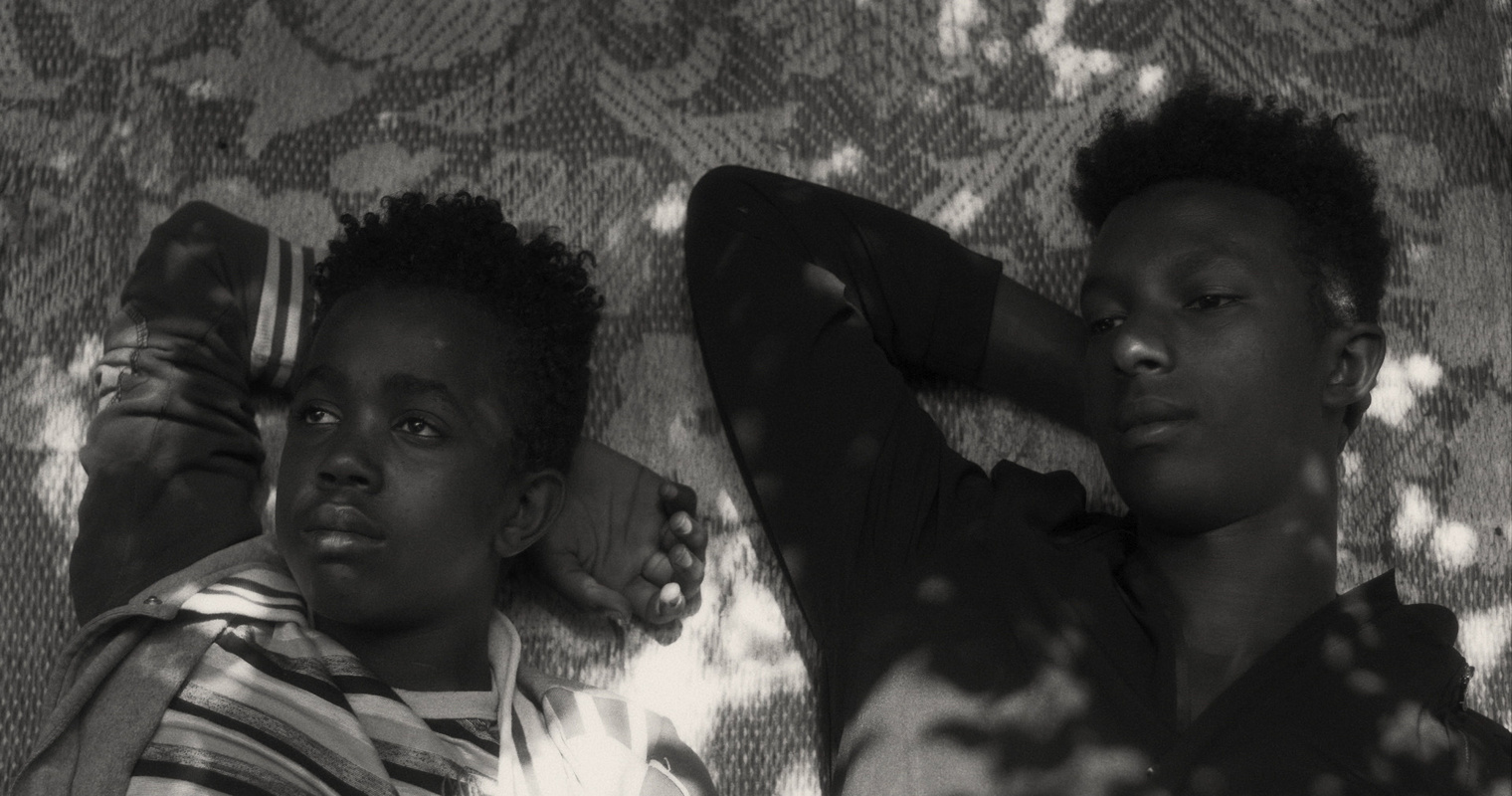
Ethiopia, 2021
dir. Jessica Beshir
Soleil Ô (Oh Sun)
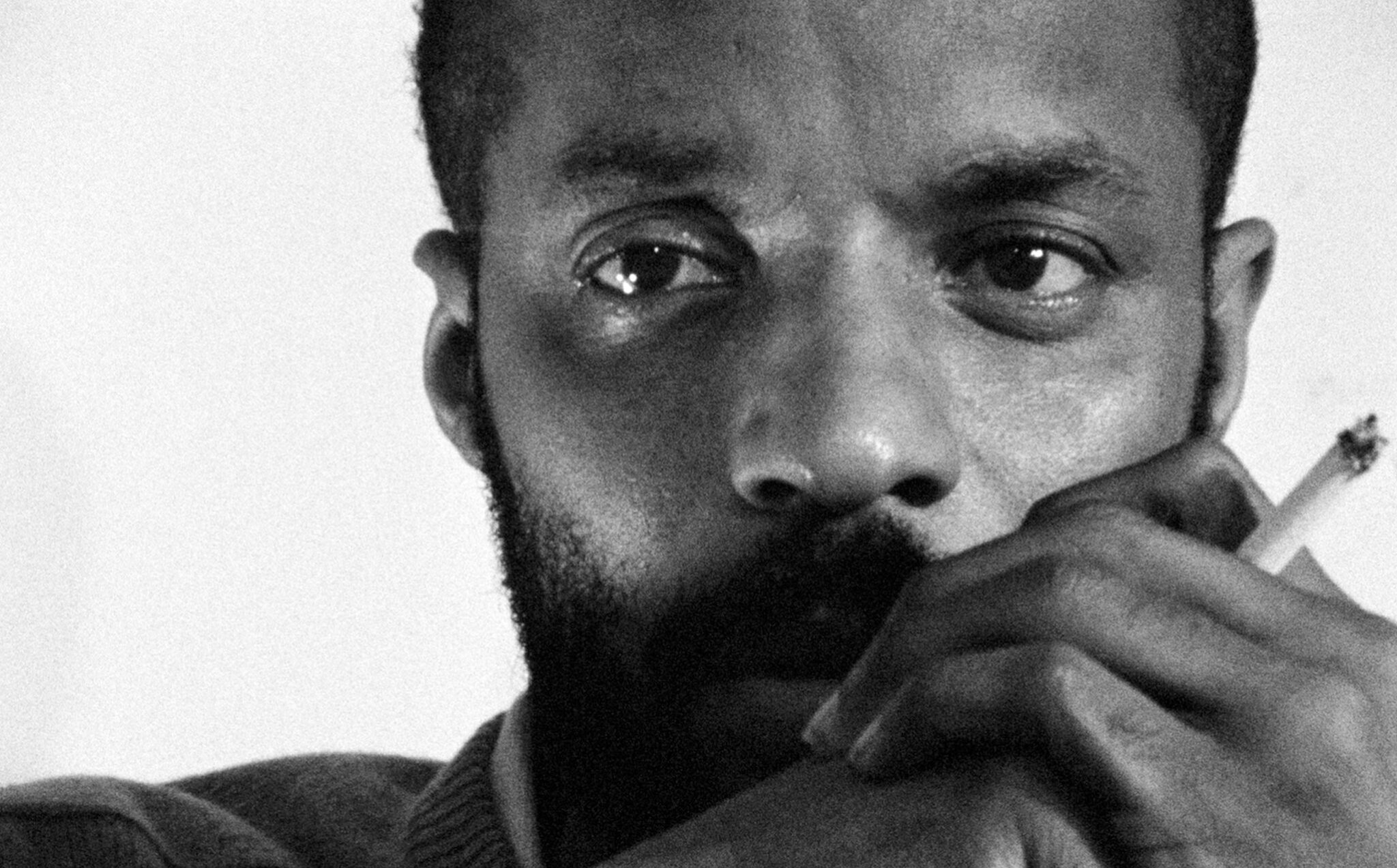
France, 1970
dir. Med Hondo
Eyimofe (This is My Desire)
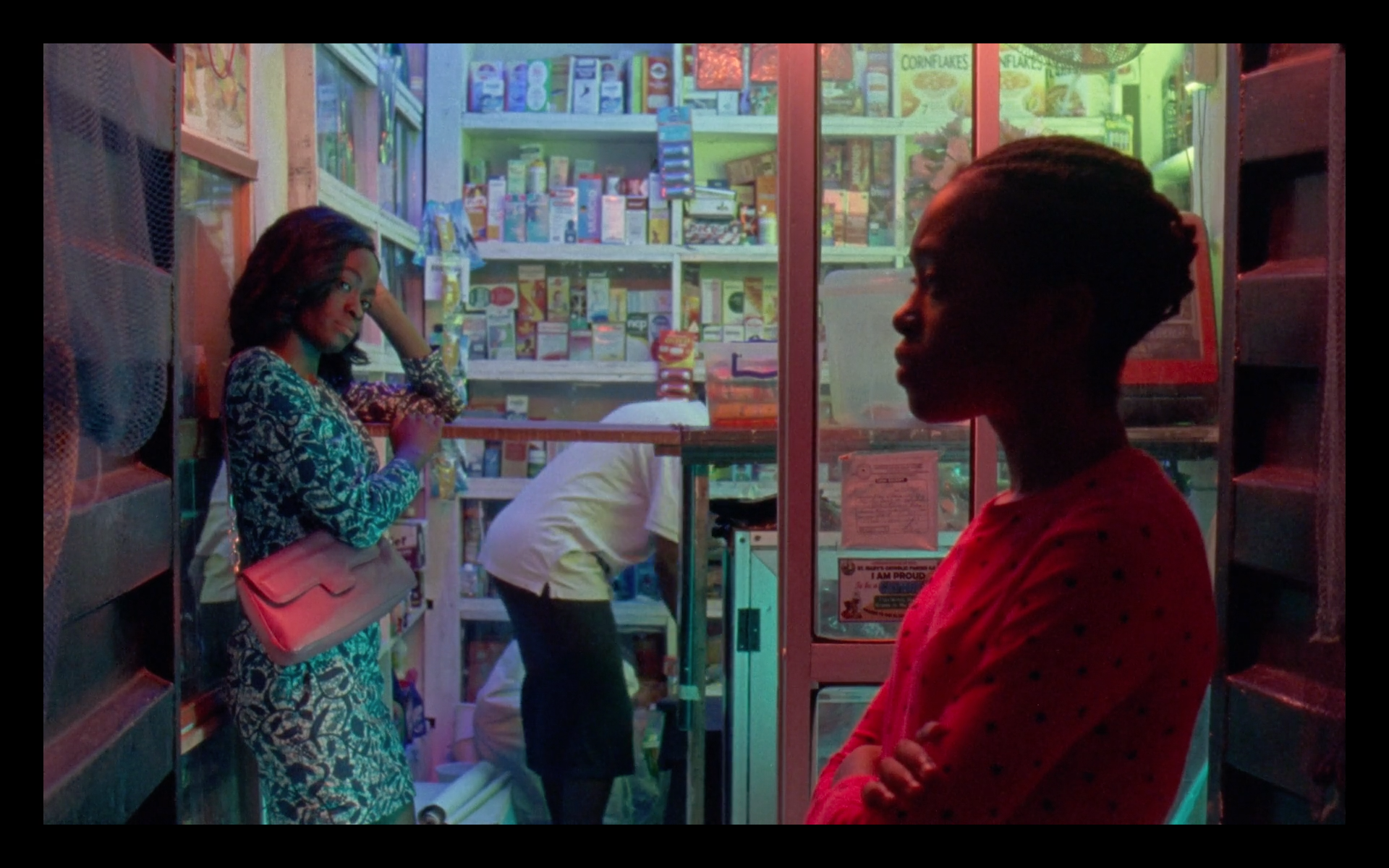
Nigeria, 2020
dir. Arie & Chuko Esiri
Dachra
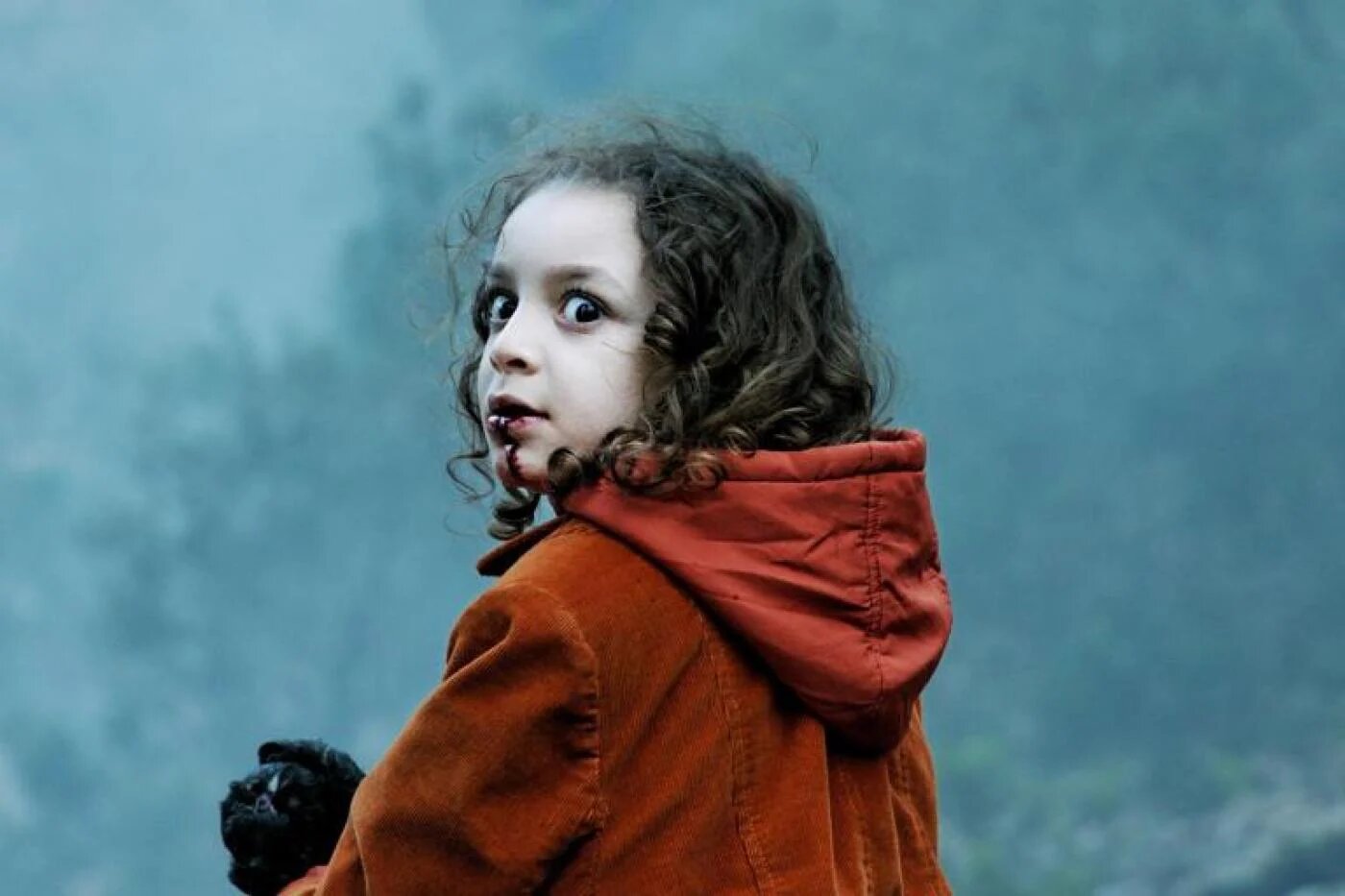
Tunisia, 2018
dir. Abdelhamid Bouchnak
Kati Kati
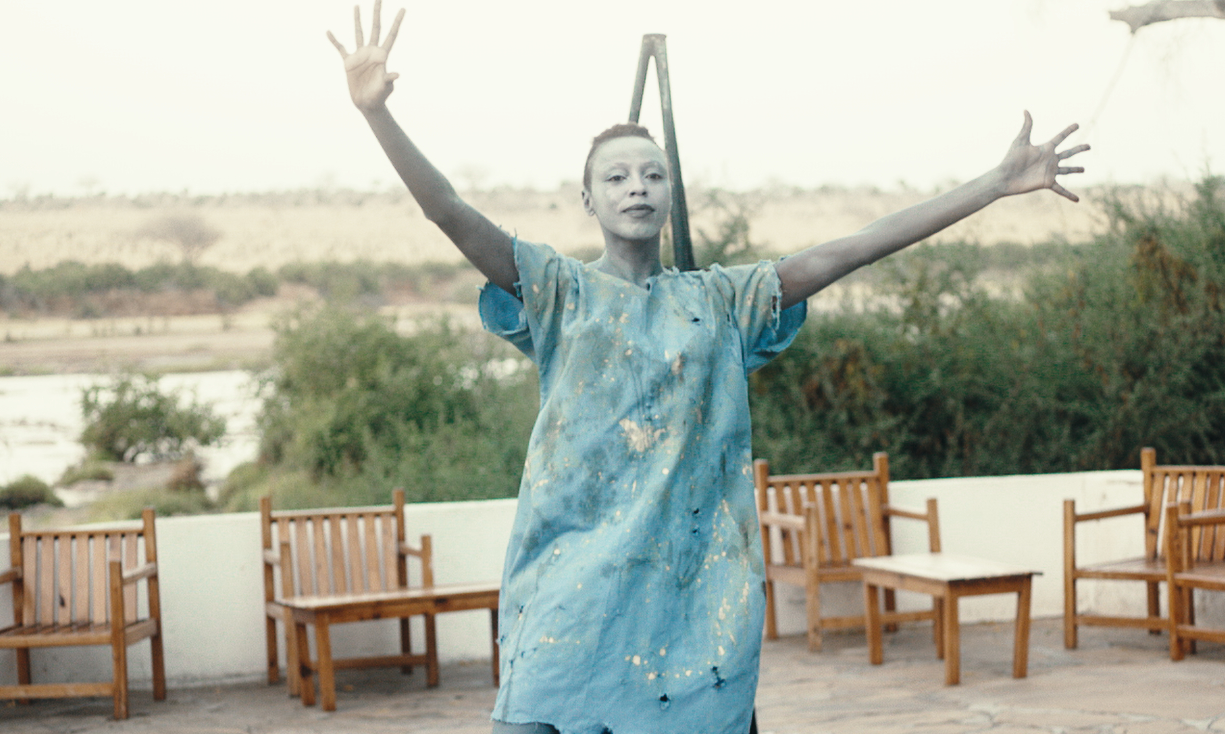
Kenya, 2016
dir. Mbithi Masya
Mandabi
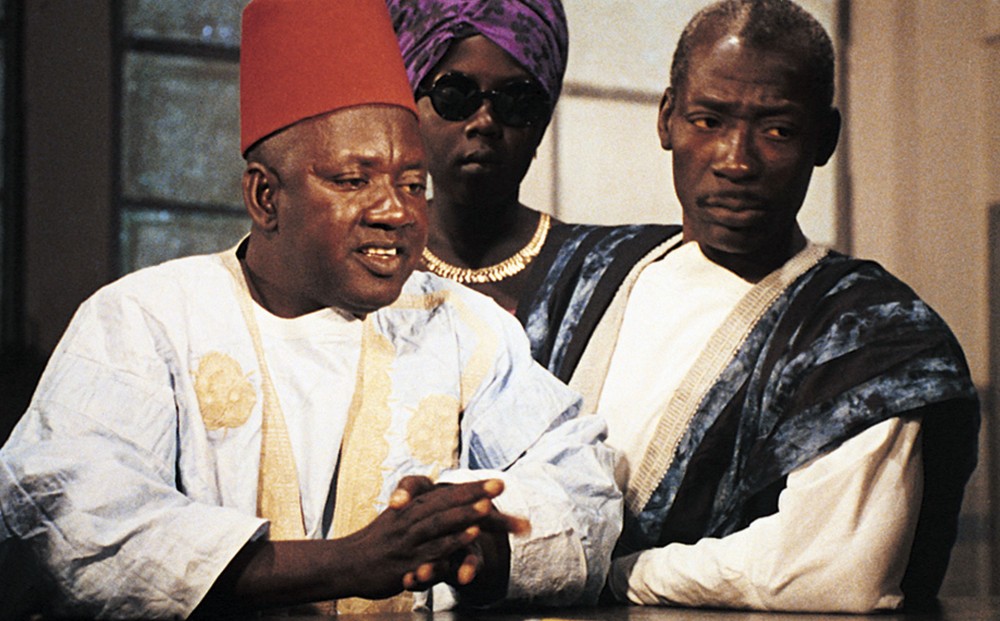
Senegal, 1968
dir. Ousmane Sembène
Sew the Winter to My Skin
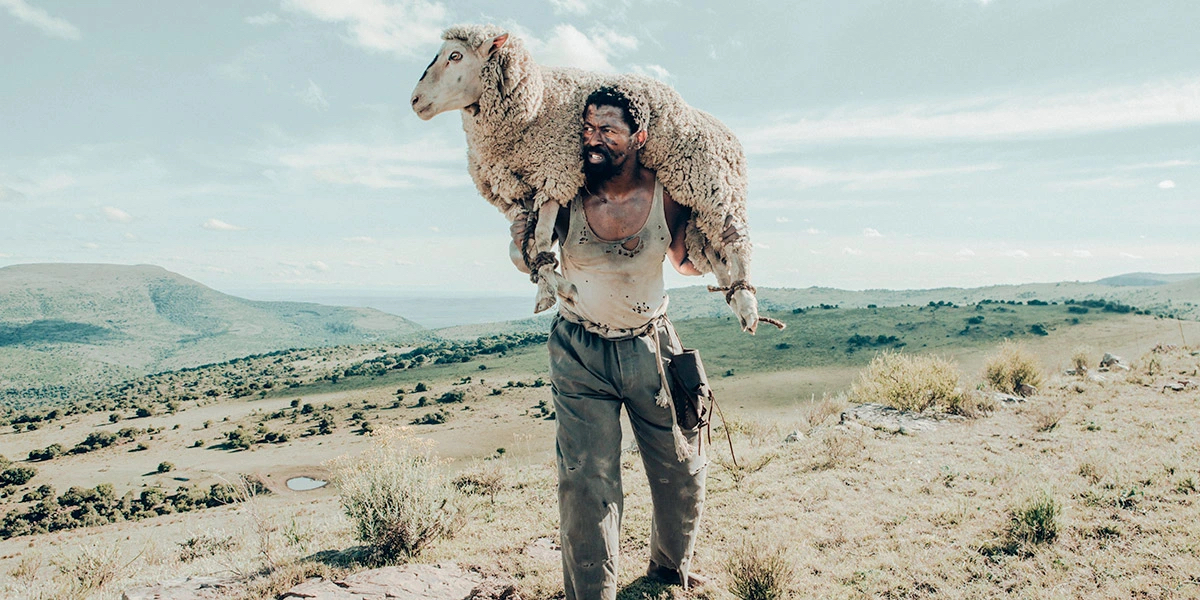
South Africa, 2018
dir. Jahmil X.T. Qubeka
Sambizanga
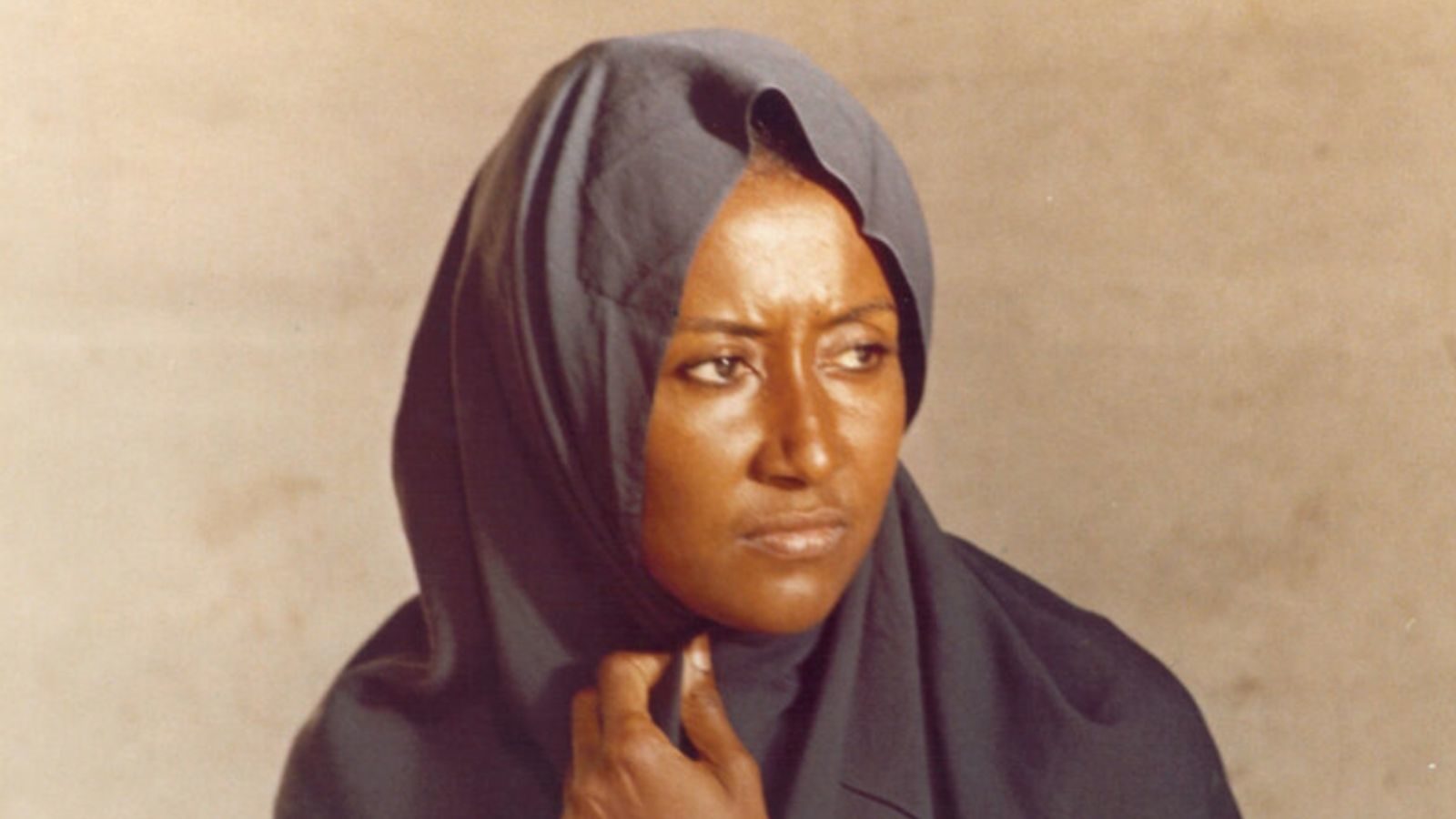
Angola/France, 1972
dir. Sarah Maldoror
Night of the Kings
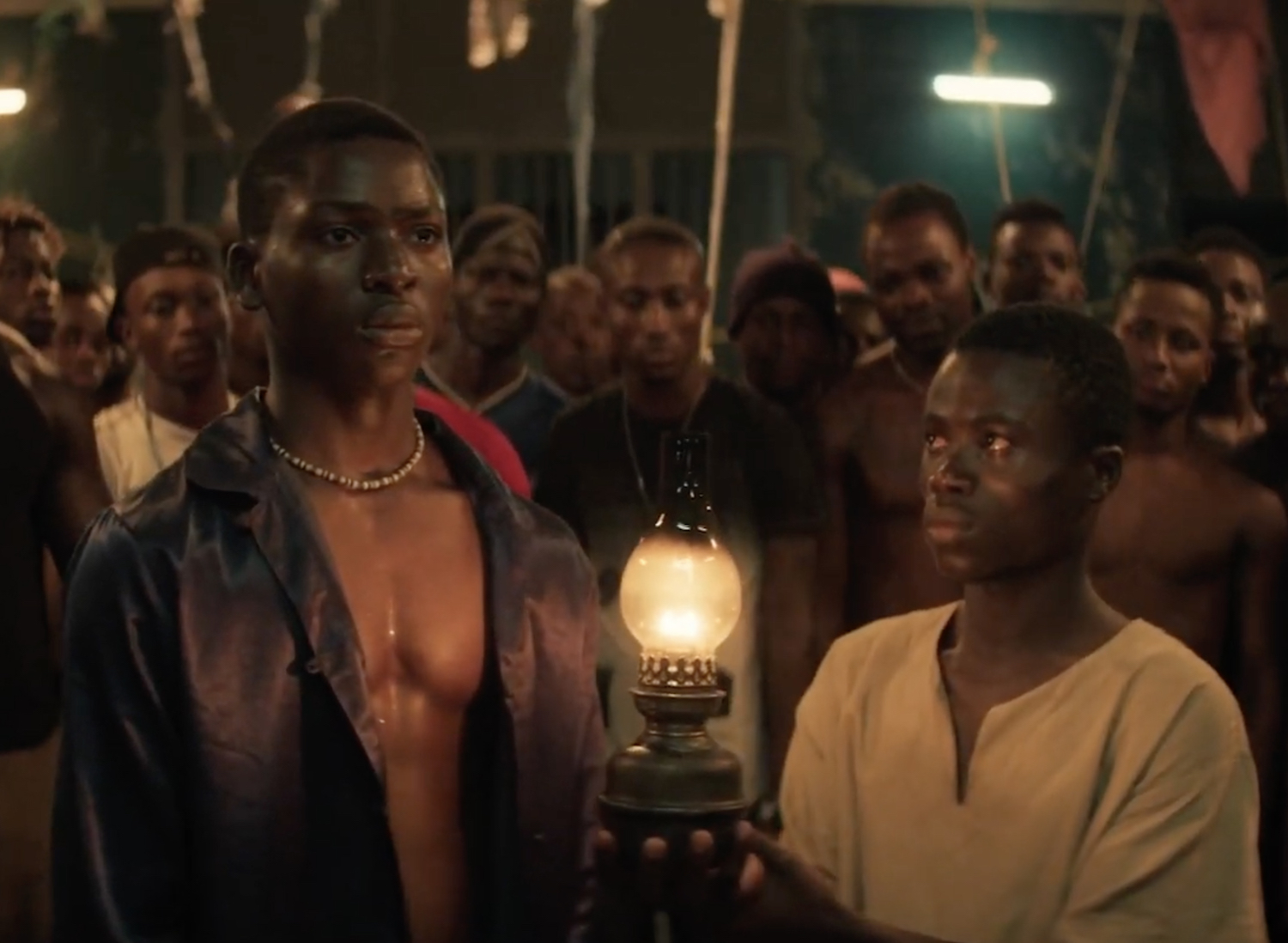
Ivory Coast, 2020
dir. Philippe Lacôte
Atlantics
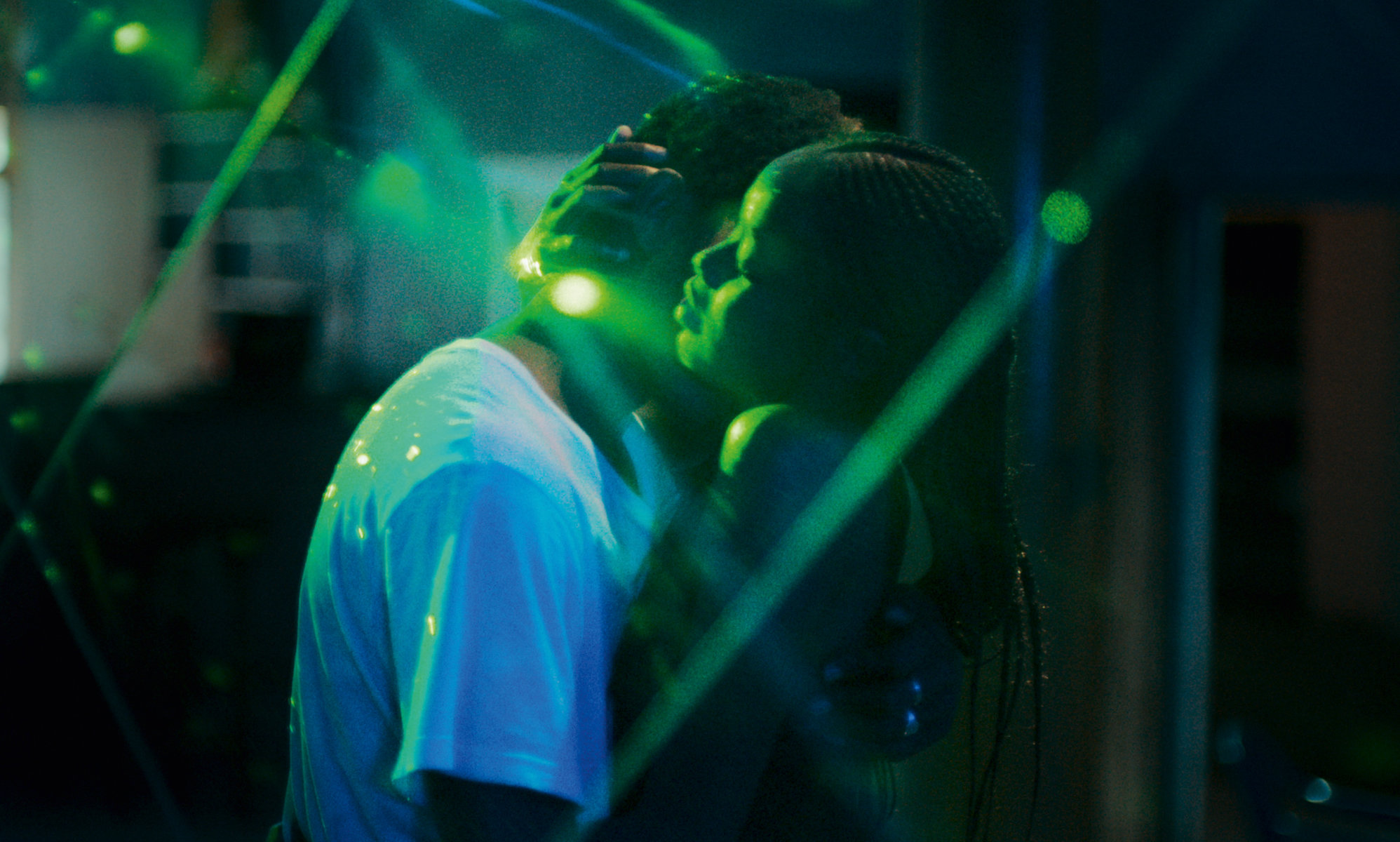
France/Senegal/Belgium, 2019
dir. Mati Diop









